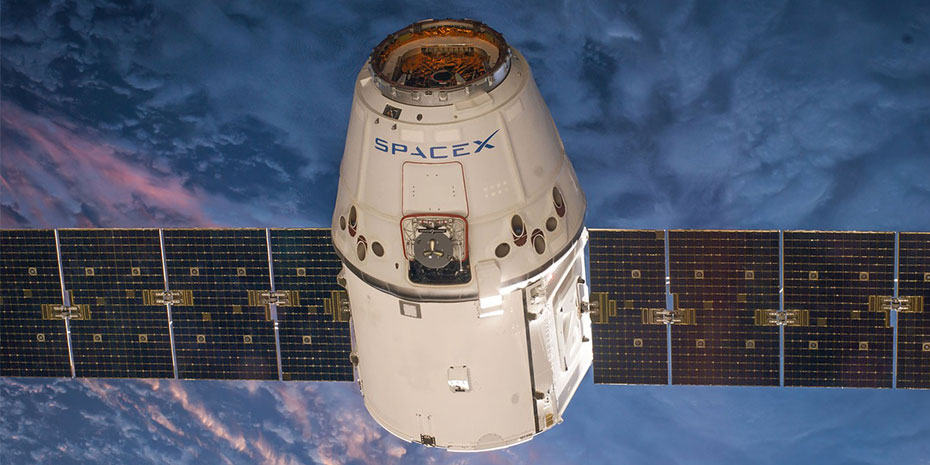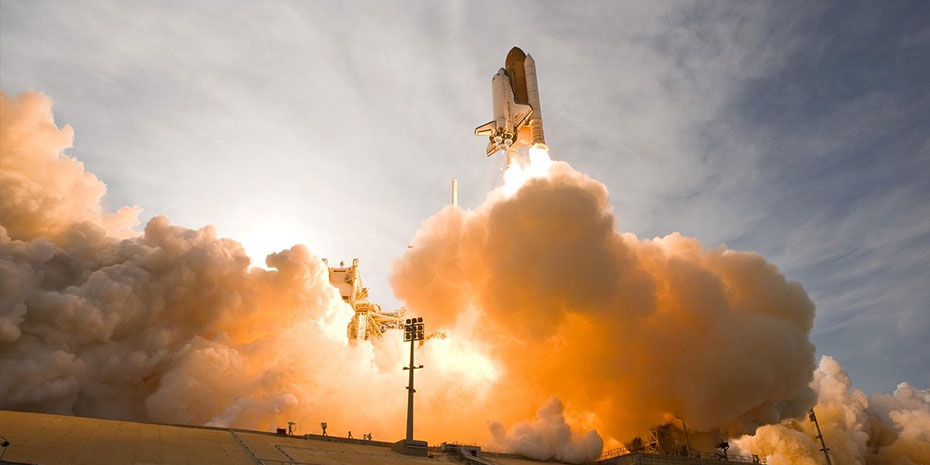
February is an excellent month for stargazing. From the early evening to the early morning, there are plenty of opportunities to catch a glimpse of some amazing celestial objects. Whether you’re a casual observer or a die-hard astronomy fan, take some time this month to look up at the night sky. You might just be surprised at what you see.
Alpha Centaurids Meteor Shower
February 8, 2023 is set to be an extraordinary night in the night sky. For star-gazers and astronomy enthusiasts, you won’t want to miss what is sure to be a spectacular show: the Alpha Centaurids meteor shower. The radiant of this event will be near the constellation Centaurus, where onlookers can expect to see up to 40 per hour! Those less experienced may want to brace themselves as meteors can come quite quickly and at unpredictable times, appearing every few seconds for about an hour, but the best time to see them is February 8th, 4:40 AM, EST. Don’t worry about not seeing one though; with impressive results showing almost every time this has occurred in the past, it is unlikely it will go unseen! Grab your binoculars and mark the date on your calendar – you don’t want to miss out on the Alpha Centaurids meteor shower.
Winter Hexagon
The winter hexagon is an impressive astronomical phenomenon that appears in the night sky during the winter months. It is formed by Sirius, Procyon, Pollux, Capella, Aldebaran and Rigel – six of the brightest stars within our reach. Sirius alone makes up almost one third of the total visual brightness of this star formation! The winter hexagon can already be seen in October and usually remains visible until March, providing a beautiful light display for stargazers to admire.
Conjunction of Venus and Neptune
On February 15th at 6:17 PM, EST, something remarkable will happen – Venus and Neptune will align together in conjunction! Astronomers are keenly awaiting this rare cosmic show, as the two planets enter into extremely close proximity, appearing to be a single luminescent star in the night sky. As they rise above the horizon in their stunning celestial dance, stargazers everywhere can expect an awe-inspiring view that will remain visible for several weeks. This is surely a momentous occasion not to be missed!
The Great Orion Nebula
Viewing the Orion Nebula is an amazing experience, and one that will open your eyes to the beauty of the universe. Astrophysicists believe this nursery of stars is 1,340 light years away, with a mass measuring up to 2,000 times the Sun. With its diameter of 24 light years (or 16,000 times larger than our Solar System), it is a premier destination for discovering star formation in its primordial chaos. On February 15, locate Orion’s Belt and the smaller row of stars known as the sword beneath the middle star. In its center lies a bright green-gray nebula that is visible even in larger telescopes, with an auroral glow caused by fluorescence from ultra-violet radiation of its four embedded stars. Don’t miss out on this incredible cosmic journey.
SpaceX Falcon 9 Launch
On February 26 at 2:07 AM, EST, history repeated itself when SpaceX launched its Falcon 9 rocket from the Kennedy Space Center, becoming the third successful launch for a commercial company within one year. This incredible feat solidified SpaceX’s reputation as one of the stars in space exploration and marked a huge step forward in providing access to space that was previously only available to governments and large corporations. Not only will innovation now be pushed forward more rapidly, but easier access to orbit opens up the possibilities of what we can use to explore our neighboring planets and beyond. The sky is no longer the limit – it’s just the start of where we can go!
Conjunction of the Moon, Venus, and Mars
On February 27, sky watchers across the world will be treated to a special astronomical sight! At 7:26 PM, PST, the near full Moon will rise in close conjunction with Venus and Mars. The two planets will form a beautiful triangle on either side of our celestial satellite that is sure to captivate stargazers far and wide. Even novice viewers will be able to spot this spectacular arrangement, for each perspective between the planets and moon are about 9 degrees apart. Make sure to mark your calendars now, so you don’t miss out on this extraordinary celestial conjuncture!
February is filled with wondrous meteor showers and planetary movement. Be sure to keep an eye out for the Alpha Centaurids meteor shower as well as the Winter Hexagon. And as always, don’t forget to look up.





